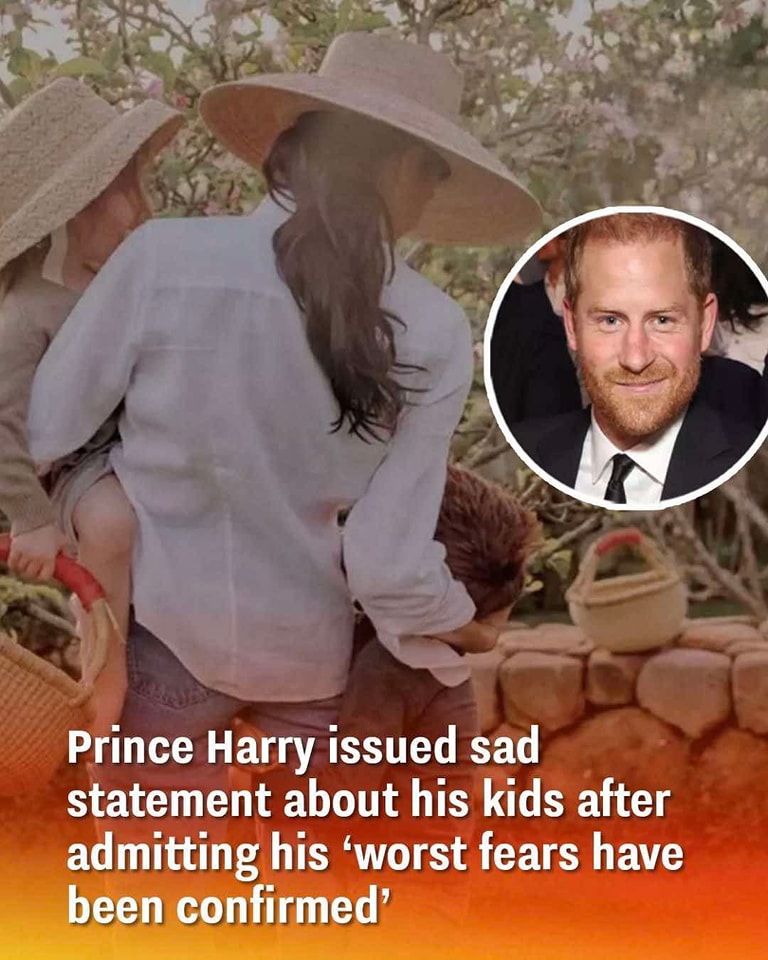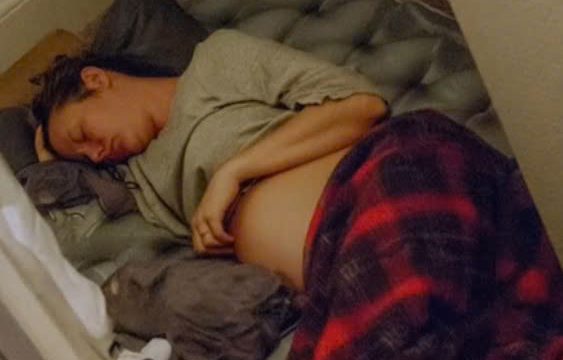Prince Harry has once again made headlines by speaking out about what he describes as a heartbreaking reality—one where his “worst fears have been confirmed.” After stepping back from royal duties with his wife Meghan Markle, the couple lost their entitlement to official police protection in the UK.

In response, Harry initiated a legal battle requesting a judicial review of the Home Office’s decision that denied him the right to pay for police security when he and his family are in the United Kingdom. His legal team emphasized that Harry was “born into” a lifelong security risk due to his royal status and that stepping down from his royal role did not change the fact that he is still a high-profile target. The official statement argued that, although Harry and Meghan personally pay for private security in the U.S., those private arrangements cannot replace the level of protection offered by official police forces in the UK. Without that kind of security, the Duke of Sussex stated, it is simply not safe for him or his family to return to Britain—a place he still considers home.
The case ultimately reached the Court of Appeal, where Harry’s request was denied. Not only was he upset by the ruling, but he also publicly criticized what he believes was interference by the Royal Household. He was particularly disturbed to learn that two senior members of the Royal Household sit on the Ravec committee, the government body responsible for decisions regarding security for royals and other high-profile individuals. Harry formally asked the Home Secretary to investigate whether the Royal Family improperly influenced the decision-making process through Ravec. A government spokesperson later clarified to The Mail on Sunday that Ravec operates independently and its decisions are not dictated by the Home Secretary, adding that members from various sectors work collaboratively to advise on the security needs of royals and key public figures. Still, Harry is not satisfied.
During a BBC interview, he revealed how emotionally devastating it is to consider that his children—Archie and Lilibet—may not experience the UK in the way he had hoped. He admitted, “I can’t see a world in which I would be bringing my wife and children back to the UK at this point,” explaining that the information revealed during the legal process confirmed the dangers he feared. He expressed sorrow over the opportunities his children will miss: the chance to visit his homeland, experience British culture, and develop a relationship with their father’s roots. Harry said, “The things that they’re going to miss is, well, everything.
I miss the UK, I miss parts of the UK, of course I do. I think that it’s really quite sad that I won’t be able to show my children my homeland.” For Harry, this isn’t just about security—it’s about his identity and his family’s right to connect with their heritage. A source close to him noted that all the Duke really wants is to ensure the safety of his wife and children while visiting the UK, not only so his children can know where he came from, but also so he can continue supporting the charitable causes and patronages that still matter deeply to him. Adding to his frustrations, Harry claimed that key information had been withheld during the appeal process—details that he says would “shock” the public if they ever came to light. This sense of secrecy has only deepened his distrust and disappointment. At its core, this story reveals the personal toll that royal responsibilities and security politics can take on a family simply trying to protect one another. Harry’s battle is not just legal; it’s emotional, cultural, and deeply personal. His desire to feel safe in his own country while giving his children a connection to their roots has now become a painful uncertainty. If you found this article moving or eye-opening, please share it with your family and friends on Facebook.





